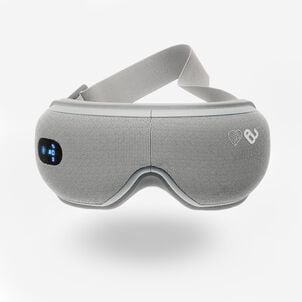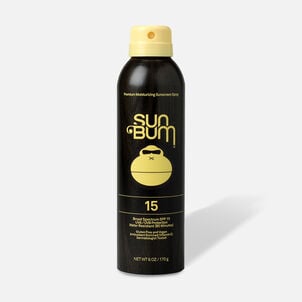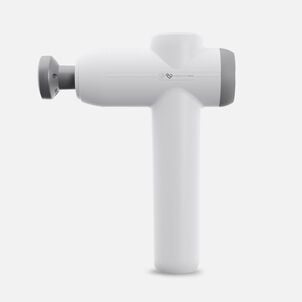Sunscreen is essential to keeping you safe in the sun. And while we might not think about it when we’re having fun at the beach or lake, sunscreen can wash off into the water, which can be harmful to local marine life.
Several common ingredients in sunscreen, like oxybenzone and octinoxate, have been proven to disrupt and bleach coral reefs. If you're planning on taking a dip in the ocean (or lake or river), you should use a sunscreen that’s Hawaii Act 104 Reef Compliant, which means that it doesn’t contain oxybenzone or octinoxate.
Fortunately, there are plenty of sunscreens available that are specially formulated without those harmful ingredients and still protect you from damaging UV rays — and yes, they’re HSA eligible!
Check out a few of our personal faves:
Why should I buy Hawaii Act 104 Reef Compliant sunscreen?
The sad fact is that coral reefs around the world are dying at a rapid rate — studies have shown that about half of the coral in the Great Barrier Reef died between 2016 to 2018. While there are many contributing factors, water pollution is a big offender.
By opting for sun protection that meets the Hawaii Act 104 requirements next time you head to the beach, you’re reducing the risk of harm to the natural ecosystem compared to sunscreens made with oxybenzone and octinoxate. While the task of saving the oceans is far too big for any one person to tackle, a lot of people making small changes can make an impact.
Not swimming? You should still purchase oxybenzone- and octinoxate-free sunscreen because it eventually makes its way into local waterways after you wash it off. You can even take it a step further by using sunscreen lotions, gels, mists, or non-aerosol sprays, which are more eco-friendly than aerosol alternatives.
Going beyond sunscreen
Purchasing Hawaii Act 104 Reef Compliant sunscreen isn't the only way to help the planet when it comes to healthcare purchases. Many companies are making an effort to produce environmentally friendly products that will lessen our impact on the Earth. And as we celebrate Earth Day (or any day you're feeling environmentally conscious!), it's an excellent time to assess the products you're purchasing to see if there are more sustainable options.
Here are a few ways you can reduce your carbon footprint:
- When you're purchasing electronic devices, consider choosing rechargeable units or units that include long-lasting batteries to reduce the number of batteries you throw away like this OMRON Total Power + Heat TENS Unit or the Oska Pulse Pain Relief Device.
- Use products that are specifically made to reduce harmful waste. If you can buy it, there's probably an environmentally friendly version of it (like washable nursing pads that are made of sustainable bamboo and rubber latex-free bandages).
- After you’re done with your favorite products, make sure you wash and recycle the containers and packaging whenever possible.
Remember, small changes made by a lot of people can add up to make a real impact on the world.
—
Thank you for visiting the HSA Store Learning Center™. Don’t forget to follow us for more helpful tips on Facebook, Instagram, and X (formerly twitter).



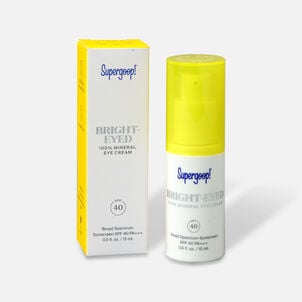
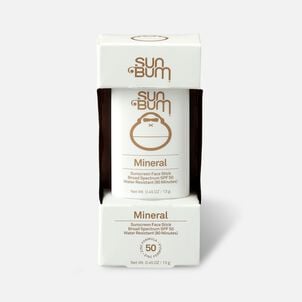
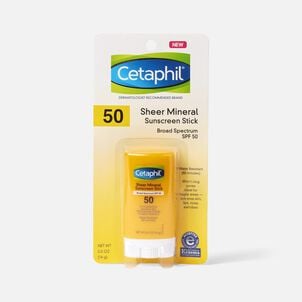
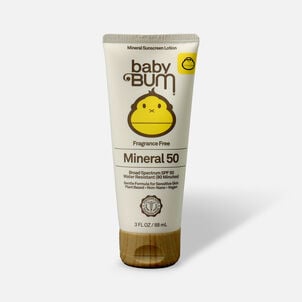
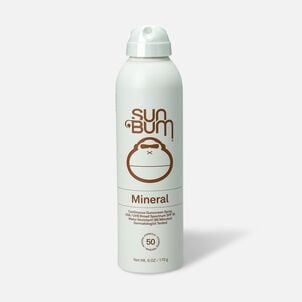
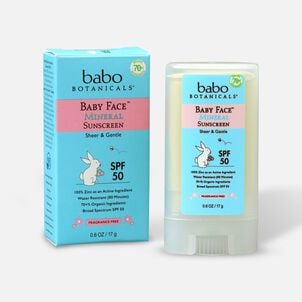
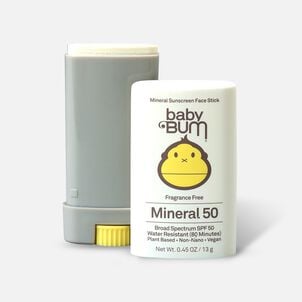
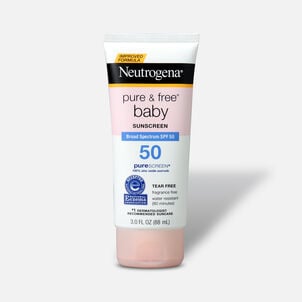
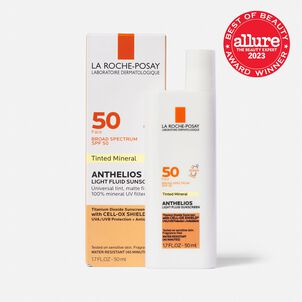
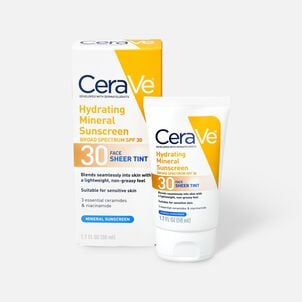
.png)









